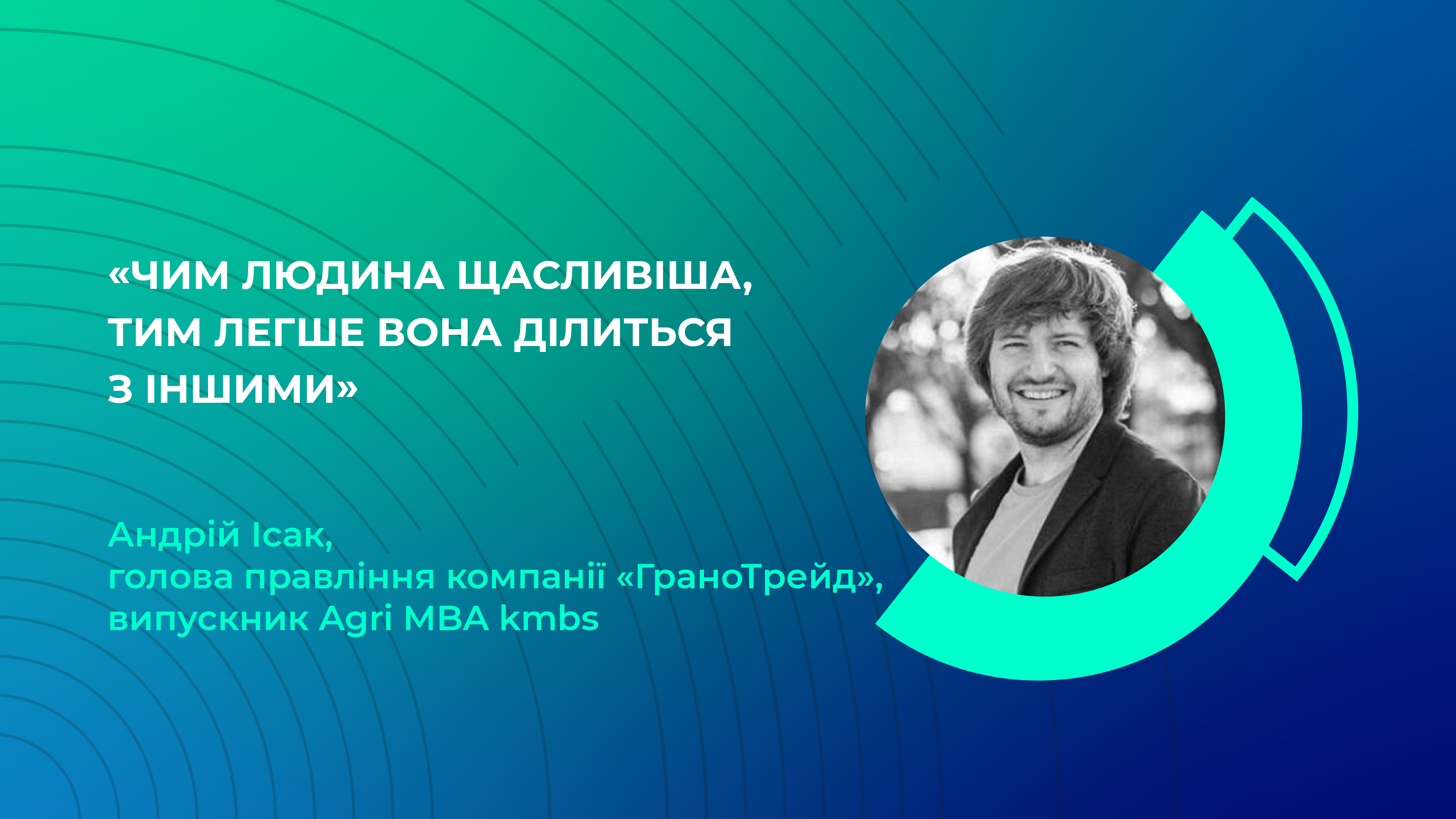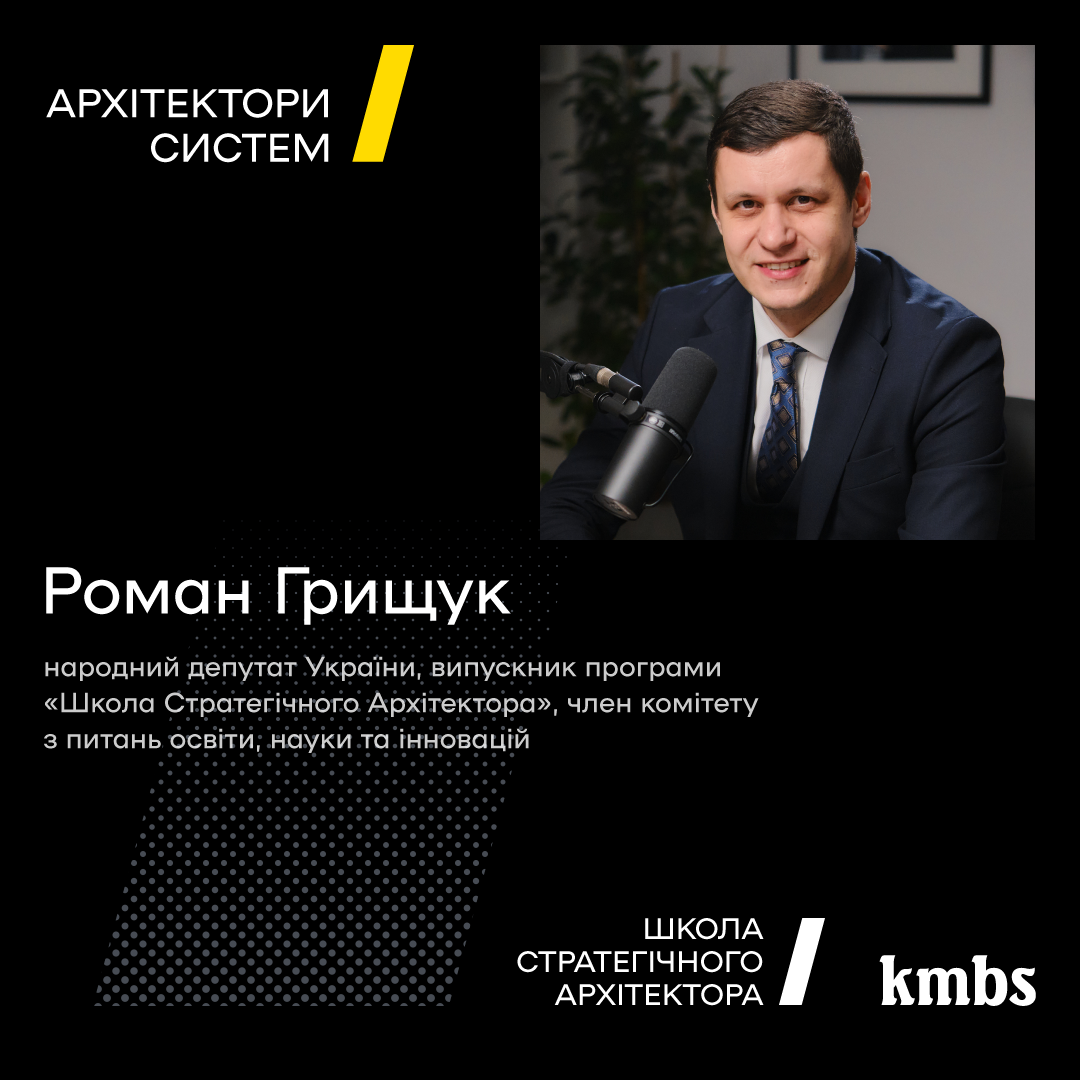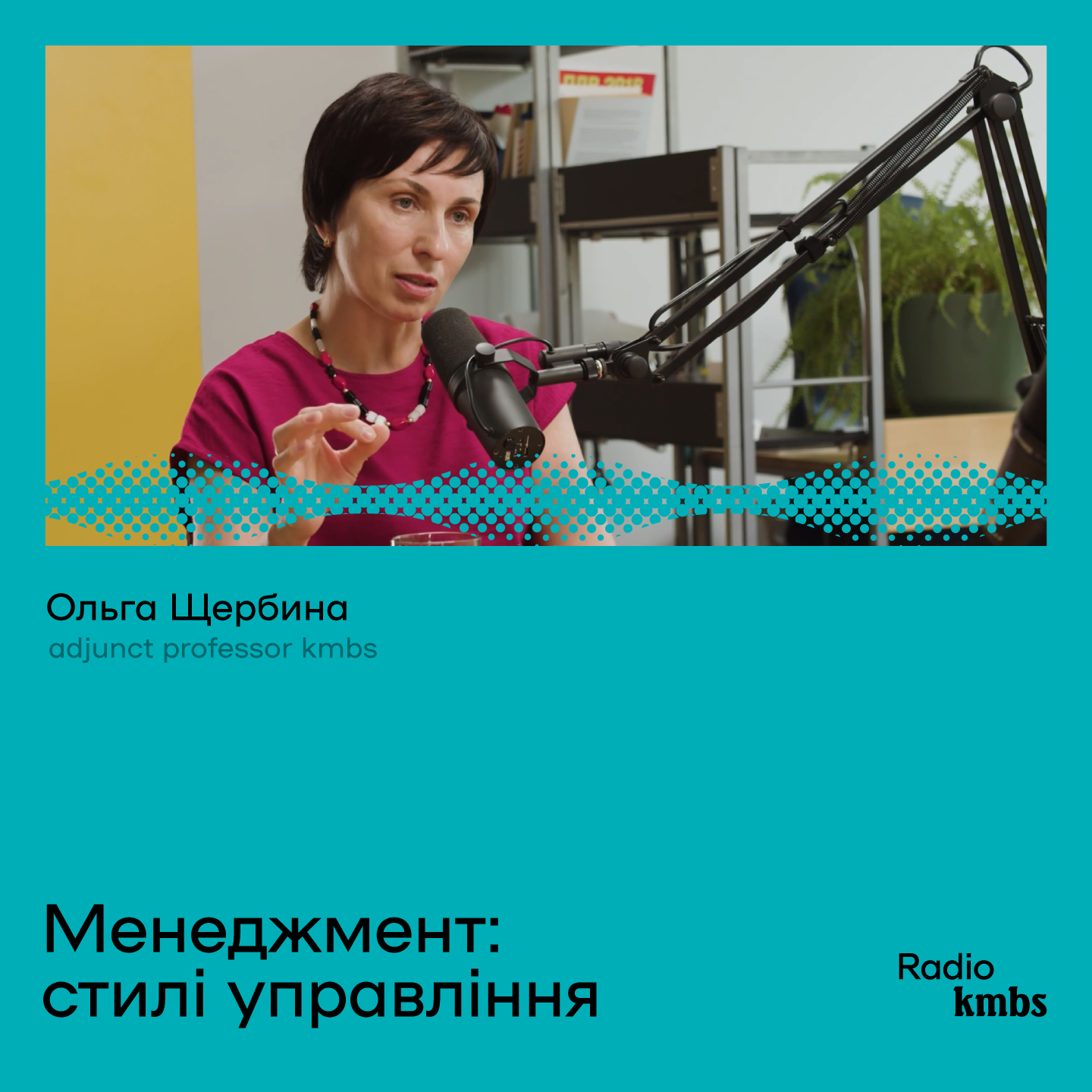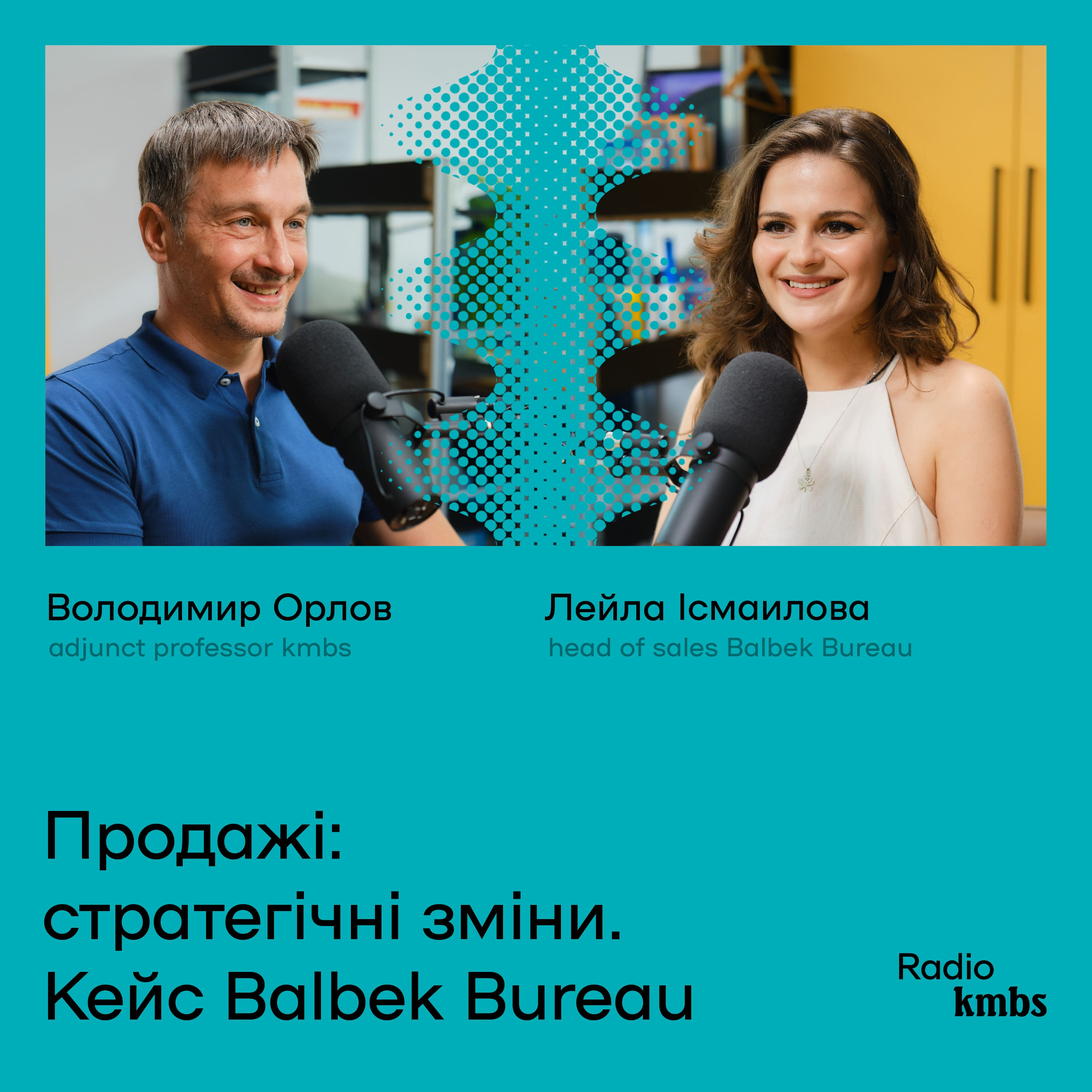The executive's task is to think about the future. And not only about his/her own business, but also about the surrounding community. This is the philosophy followed by Andriy Isak, a Chairman of the Board of GranoTrade Company, a graduate of Agri MBA kmbs and a patron of the Georgiy Gongadze Award. We talked with him about win-win business model, changes in society and consciousness, and about charity.
What business are you engaged in now?
Andriy Isak: ‘All my businesses are related to agriculture and finance’. The first and main of my companies is financing farmers for future harvests. Almost all Ukrainian farmers lack of money. We discovered this niche and offered forward purchases in 2010. In spring, we lend farmers funds so that they can sow and grow more quality products. And in autumn they supply us with finished products amounting to advance provided, which we export. This is a win-win model, it is based on trust.
Did you come up with this model or did it already exist in the world?
A.I.: ‘It existed, but in a bit different form’. In Ukraine, it is in the form of a state program of pledge procurement, which was far from ideal. And we have developed our own program that managed to ‘take off’.
There are many investors in the world looking for a place to invest their money. And Ukrainian farmers lack of money. On the other hand, the world has a deficit of products. Our mission was to add value for all parties. To convince investors that investing in our company is safe, and farmers that fulfillment of commitments undertaken is the key to further investment.
We focus on cereals, such as wheat and corn, as these crops are export-oriented. By investing in dollars, they allow us to get a product that will bring dollars in the future.
Has your role in business changed after studying at kmbs?
A.I.: The role itself has not changed: I have been and I am the owner. But I began to understand my business better, to focus on the many important processes that exist in my ecosystem. And, finally, the businesses I launched after or during my studies started easier than my first company.
And what are these businesses?
A.I.: My another business deals with growing organic medicinal plants, which we process into semi-finished products and export to Europe, where these are used as basis of various extracts. This model aims to make people who consume our product to feel better. I lead a healthy lifestyle myself: we sort garbage at home, eat organic products, do not eat sugar and go in for sport.
In general, I describe all my companies as such that help society. For example, when a farmer has enough finances, – he/she grows more products, more products guarantee him/her more earnings, and this means higher wages and higher purchasing power. All this stimulates development of certain areas. After all, farmers bear quite a large social burden: they support schools, kindergartens, subsidize the construction of roads…
Help is part of your philosophy of life, isn't it?
A.I.: Yes, it is my philosophy, which I transferred to business. For example, when you grow organic products, it means that you do not apply any pesticides or herbicides to soil. You take care of the land that gives you a product, which you later sell, and people consume it and become healthier. Eventually, they become better internally. A good person inside would not do bad things. He/she changes mentally. Even if some external stimulus leads him/her astray, a conscious person balances him/herself very quickly.
But is it much easier to grow products using herbicides? Or isn't the margin the most important thing, which is higher for organic products?
A.I.: It's easier to use herbicides, but it's a short play. And we play long game. The world nowadays desires quality products. And Ukraine should use this chance. We have a lot of land to grow quality product. What should be done for this? To give up pesticides, herbicides and other chemicals. This is the way we will show the world that Ukraine is transforming and wishes to supply not GMOs, not products, which consumption results in stomach treatment.
Organic products have a higher margin, but also bear more risks when being grown. After all, if the seeds are not treated, they become more vulnerable to natural factors.
Are products made from your raw materials sold in Ukraine?
A.I.: Yes, they are imported from Poland. We sell semi-finished products to Europe, and then Europe sells us the finished product. However, we will soon have our own product. It is my third business, now we are creating a brand and will soon sell organic berries and sets of vegetables in Ukraine.
What encouraged you to enter business school? And why kmbs?
A.I.: I was looking for a school that would not just teach me some specific tools, financial or accounting ones, but the one that would work at the level of meanings. I like the phrase ‘seeing the invisible’ and I got caught by the idea that everything around us has certain connections, which we should see and see everything as a whole. I also liked that the school works a lot with a business owner as a creator, creator of a system.
I enrolled in AgriFood MBA program, but it was the first, ‘pilot’ course, so we were taught a lot of things from Presidents' MBA. I really liked it, and I believe that any owner should go through this learning.
What does the term ‘patron’ mean to you?
A.I.: It seems to me it’s a close synonym for the word ‘benefactor’, when you are ready to support an idea that is close to you in spirit and which you share. Speaking of Gongadze Prize, I was interested in the fact that it has a systemic component. Kmbs graduates have taken on a mission that is to help shift the emphasis in journalism, to influence journalists, who will then influence the minds of Ukrainians. This is about change, about the possibility of influencing a large part of the population.
I like projects that involve change. For example, I was born in a Transcarpathian village, where children, having gone to school, already dream of fleeing abroad. Now we work a lot with children in this village, as we wish them to change qualitatively. We conduct creative workshops, lectures, arrange meetings with famous people. The aim of this project is to help children see the perspective of the land where they were born. To dream not of earning money abroad, but of how they can be successful at home. We try to show them that there are resources available they can use and become successful. You are a nowhere man abroad, only a labour force, and here you are Ukrainians, this is your land.
And what do you get when you help others?
A.I.: I am happy to give, to share, to help. It's nice to be involved in cool ideas and projects.
I believe a person must be willing to share: if God allows you to be successful, you have to give part of it to others. It's not always about monetary funds, you can spend part of your time communicating with children and inspiring them, showing them different life experiences. I like watching American or European society: people there are happy to donate to charity, community or religious initiatives.
It seems to me that the happier a person is, the easier he/she shares this happiness with others. And the more a person shares, the happier he/she becomes. And it's probably not about wealth itself, as there are a lot of rich people who cannot give even a dollar, but about the perception of wealth. As my father-in-law says: ‘A happy person is not the one who has a lot, but the one who can do with what he/she has.’
In your opinion, to what the efforts of the kmbs alumni community should be directed?
A.I.: Graduates do a lot of cool things in their companies, they are the bearers of such a culture, the values that are needed to change society.
It seems to me that our society lacks victories. We even often talk about victims on holidays. We sympathize with people who died in battle, but we never reveal commanders' mistakes. While the biggest mistakes are often followed by victims.
We have almost no success stories. And so kmbs graduates (and in general those who share the school philosophy) could show society the taste of victory, faith in the future. And, of course, they must establish successful companies.
How would you describe yourself in one sentence?
A.I.: I am a visionary, I like to deal with business and the things that are definitely about the future. When we were developing a forward purchase project, everyone told us: ‘Guys, what are doing? You will have total losses, because the farmer will deceive you.’ However, no farmer has ever cheated us, because we have created a win-win model, in which everyone gets their value.
At school, I was really driven by classes where we discussed future. For example, once Mr. Valeriy Pekar said: ‘Imagine what will you do in 20 years?’ I then said: I will be flying into space. Why not? We have no idea how the world will change. I am a patriot of Ukraine and I would really like being involved in our country success in future
Projects related to organic products production are also about the future. Nowadays, we have founded a closed club of visionaries, UA2050, in cooperation with like-minded people. Its objective is to get understanding of what Ukraine will be like in 2050. There are many factors to be aware of to understand what Ukraine will be like in 30 years' time, both in terms of economy, cutting edge technologies, health and culture.
I have been cherishing the idea of such a club for a long time. I have an inner demand to discuss certain ideas: Ukrainian initiatives in various areas, land market, health care, global changes… These are controversial issues with no clear answers, while the truth is somewhere in between. And the search for this truth requires discussions to be held. And not with those who pursue any political interests, but with people like yourself.
Source: kmbs alumni open platform










